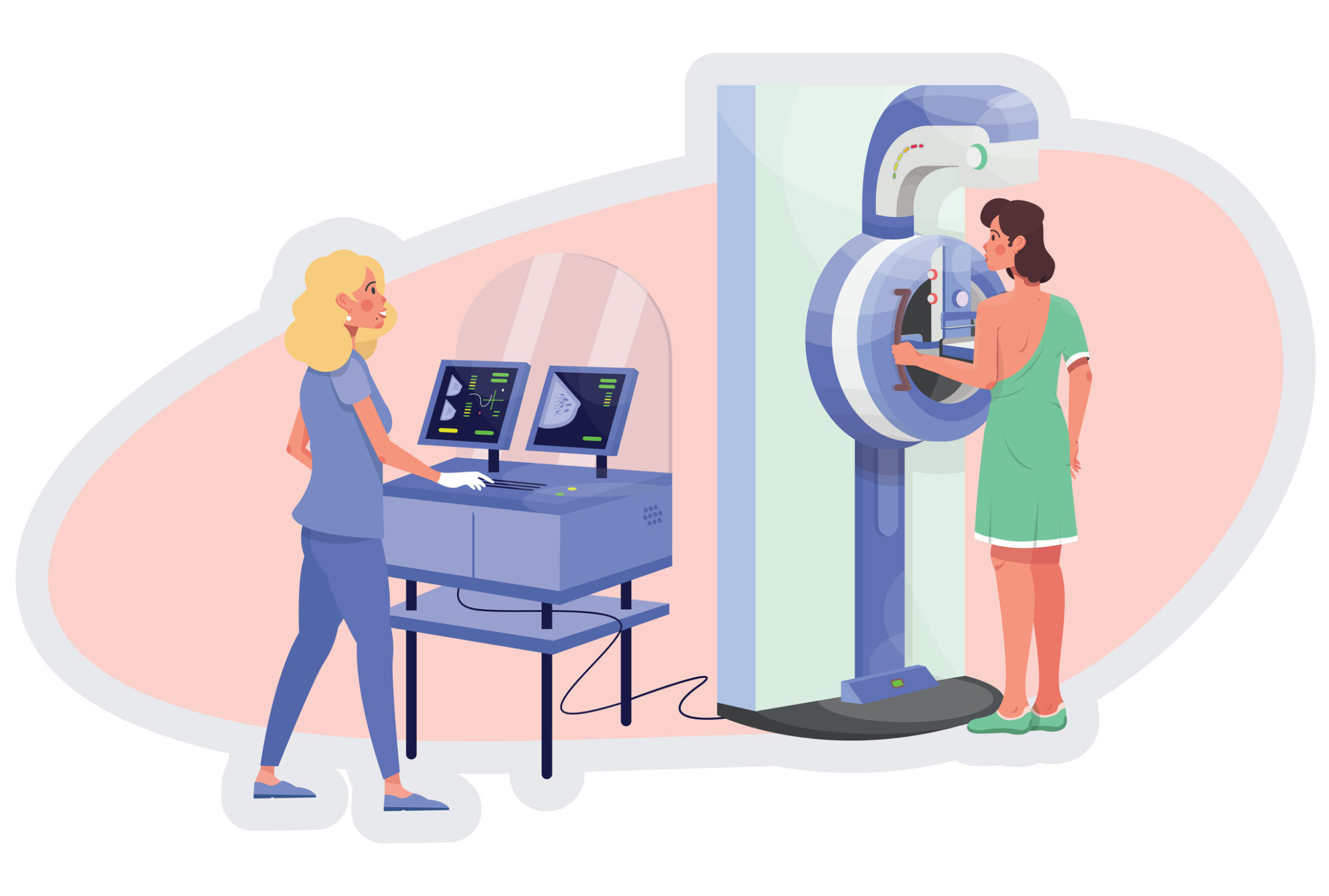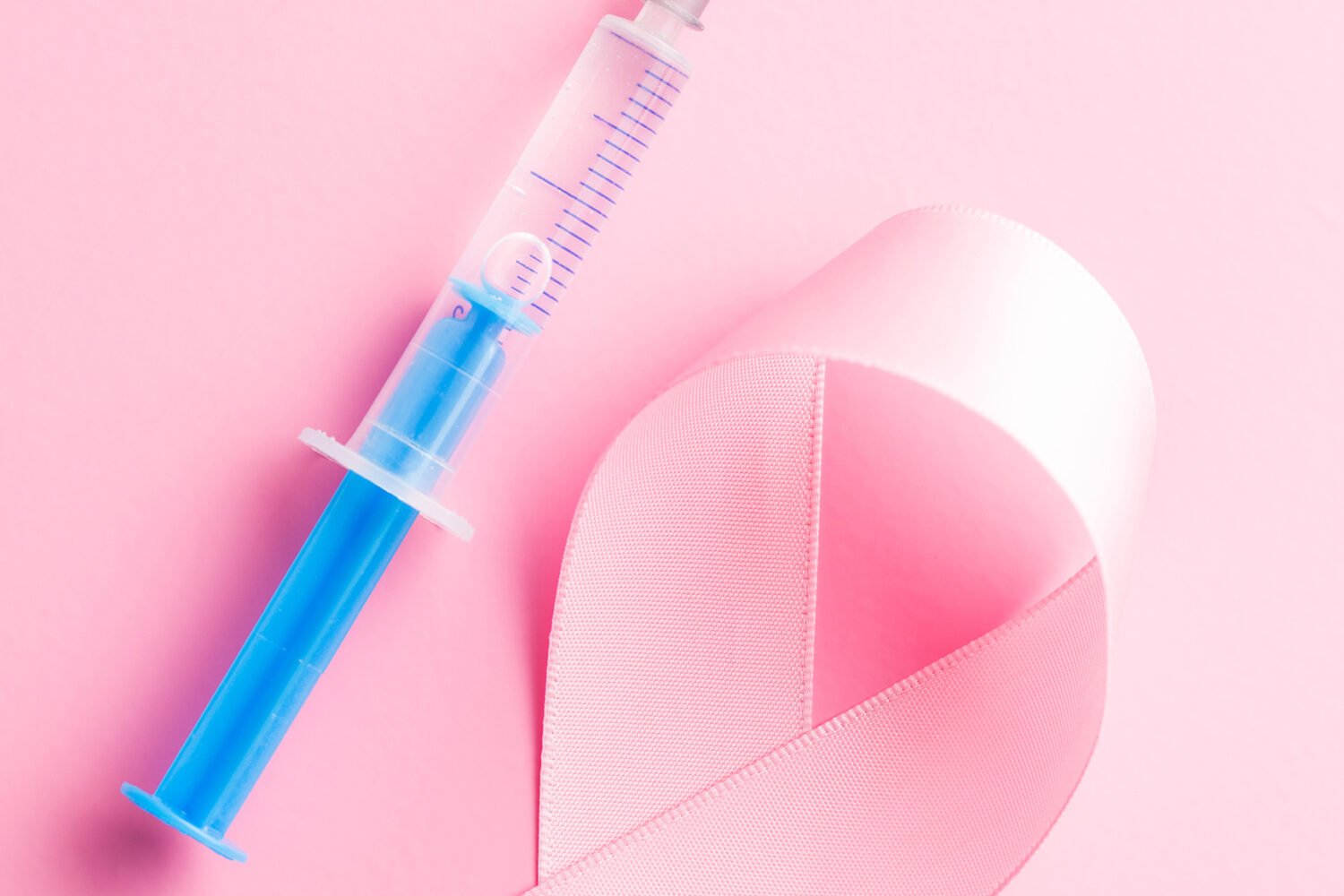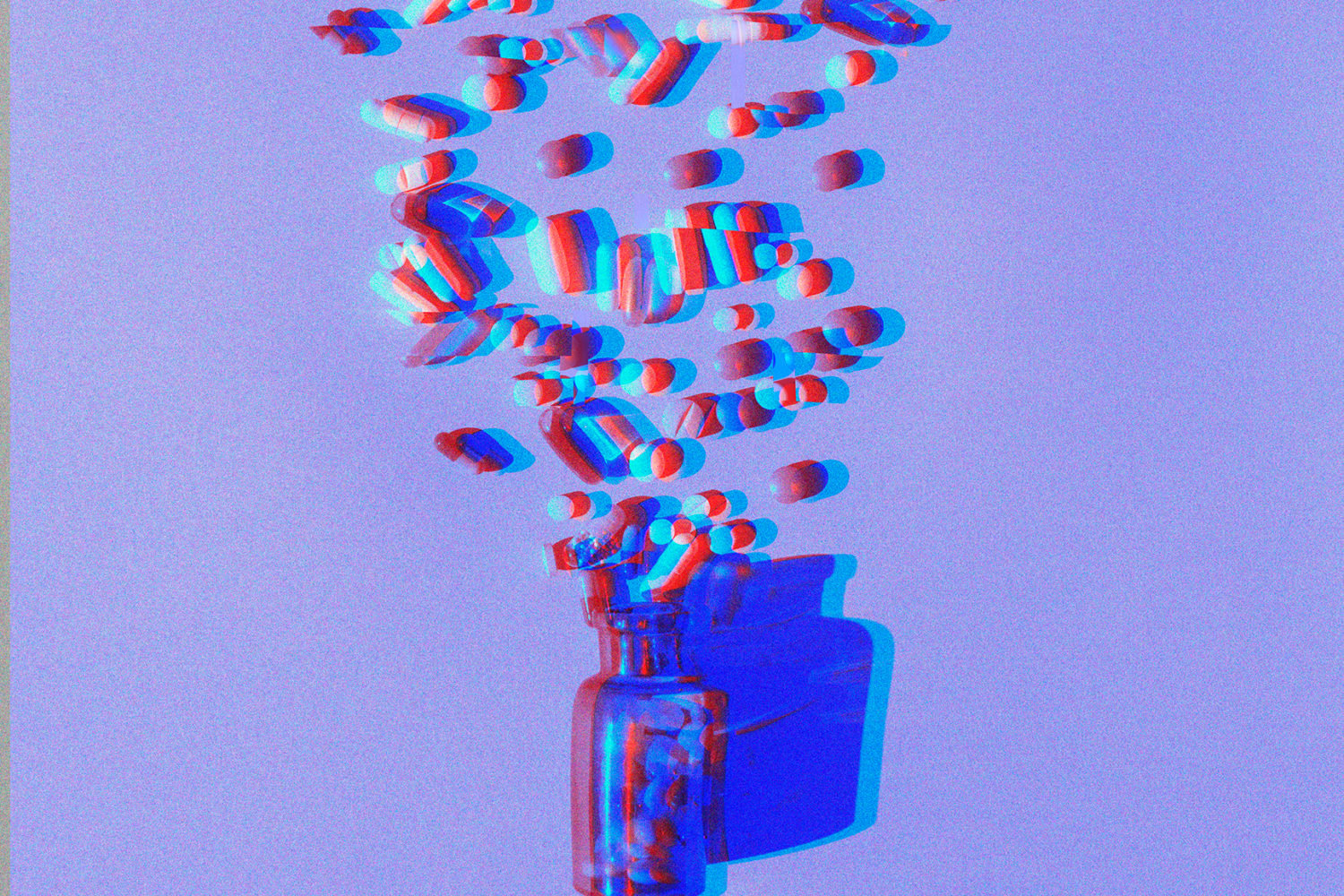Women with dense breast tissue are at higher risk for breast cancer, because dense tissue is more prone to cancer and because the density makes it harder to read a mammogram. But breast density isn’t only a medical issue, says Dr. Rachel Brem, director of the Breast Imaging and Interventional Center at George Washington University’s Cancer Center–now it’s a political one. In March, the FDA announced a new regulation, going into effect next September, that requires providers nationwide to inform patients about breast density as part of mammography results. And the Find It Early Act, introduced in the House in May, proposes “health coverage with no cost-sharing for additional breast screenings for certain individuals at greater risk for breast cancer”–including those with dense breasts.
“We know that if you have dense breast tissue, you absolutely should have additional testing” beyond a mammogram, such as an ultrasound or an MRI, Brem says. “The cancers we find with additional testing are small and [often] potentially killer cancers. The earlier you find it, the better your outcome.”
Another thing improving outcomes? AI. It has been used for years to interpret medical imaging, and though Brem says its use with mammography isn’t yet widespread, it’s on the rise and its role is expanding: “In our institution, we have artificial intelligence to help us with every mammogram, which not only helps detect earlier and more cancers but is increasingly able to use individualized information to come out with the most accurate risk score.”
A study published by Kaiser Permanente in June suggested that AI algorithms that were trained to read biomarkers and density on mammograms were more accurate at predicting a woman’s five-year risk for breast cancer than the Breast Cancer Surveillance Consortium risk calculator. And according to the study of more than 300,000 women, assessing risk with both AI and the BCSC calculator was even more accurate. To find out whether your mammography center uses AI, you can simply ask.
This article appears in the October 2023 issue of Washingtonian.



















